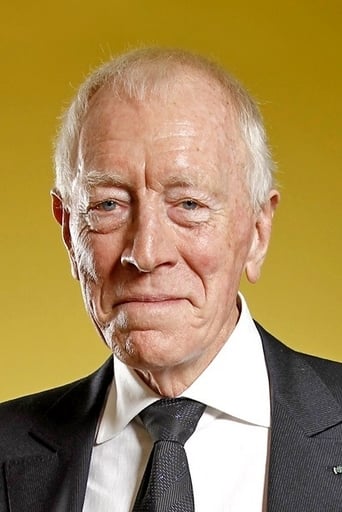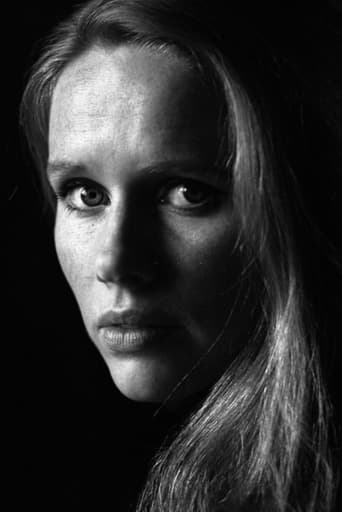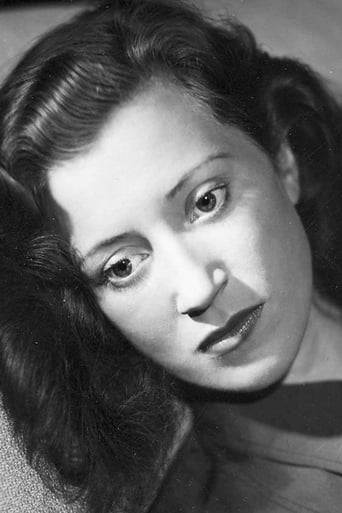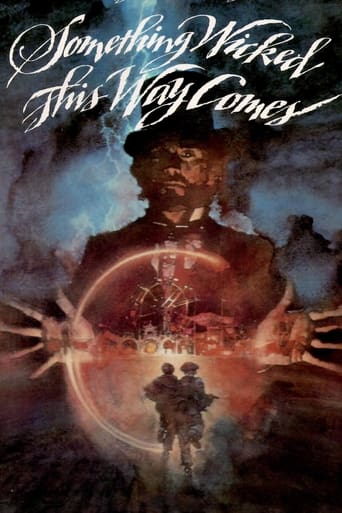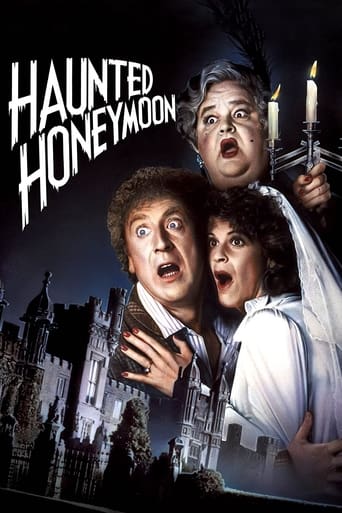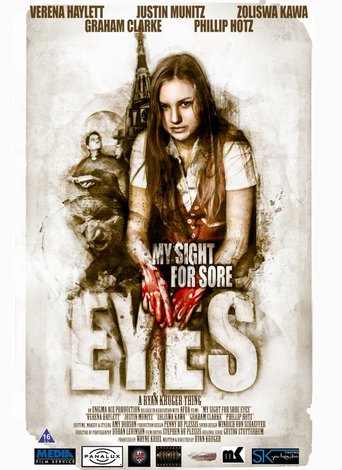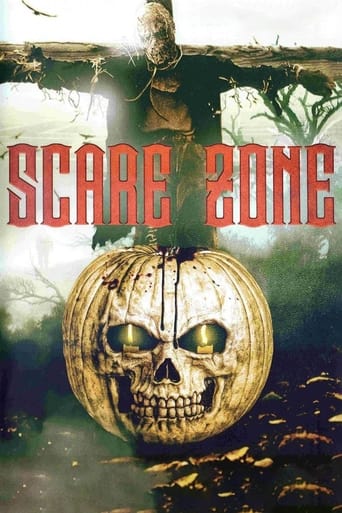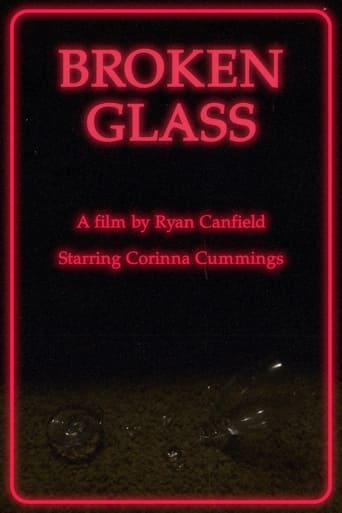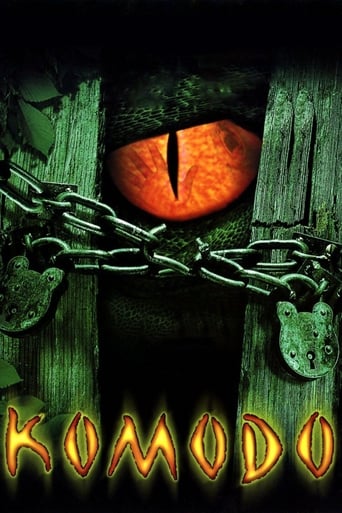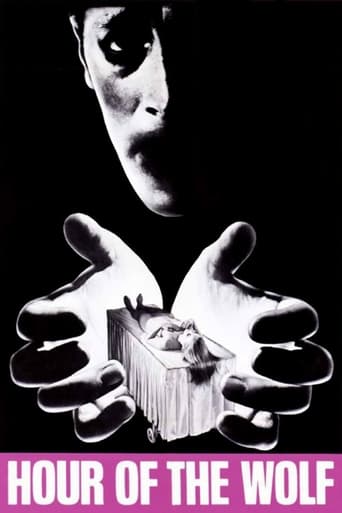
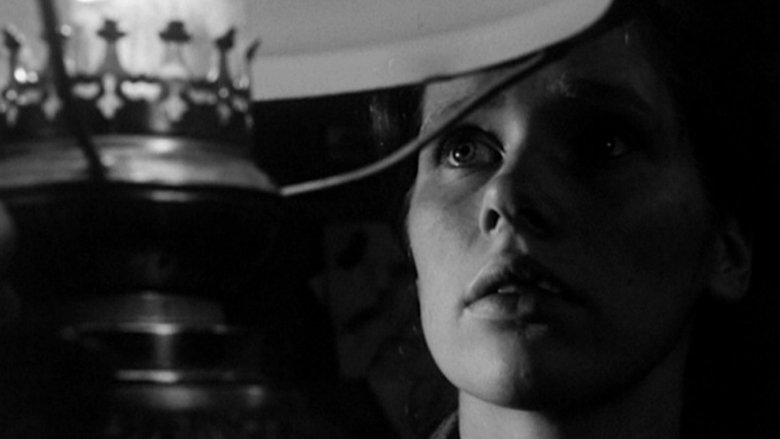
Hour of the Wolf (1968)
While vacationing on a remote German island with his pregnant wife, an artist has an emotional breakdown while confronting his repressed desires.
Watch Trailer
Cast
Similar titles
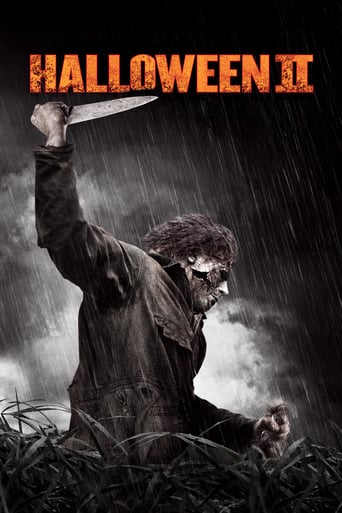
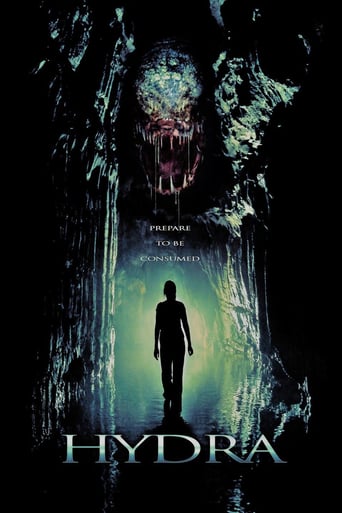
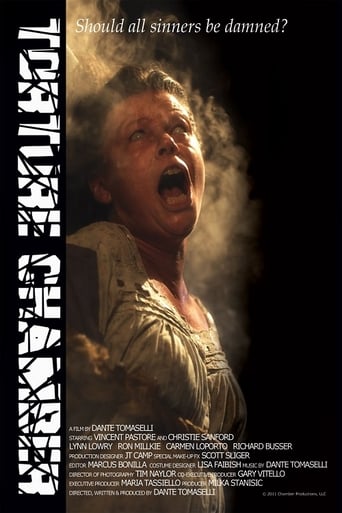
Reviews
Such a frustrating disappointment
A Masterpiece!
The film makes a home in your brain and the only cure is to see it again.
what a terribly boring film. I'm sorry but this is absolutely not deserving of best picture and will be forgotten quickly. Entertaining and engaging cinema? No. Nothing performances with flat faces and mistaking silence for subtlety.
Director Ingmar Bergman's familiarly bleak and windswept isolated island (Baltrum) is the retreat of artist Johan Borg (Max von Sydow) who is recovering from an unspecified illness. His pregnant wife Alma (Liv Ullman) loyally and sensibly looks after him and oversees such necessities as finance and food, whilst Borg lapses into a dream-world where he sees 'demons' - strange people who resemble people he has known. Before long, Alma too sees someone, an old lady, who may or may not be real, who advises her to read Johan's diary, which reveals one of his 'demons' is former lover, Veronica (Ingrid Thulin).I found 'Hour of the Wolf' a little ponderous. Bergman's films are often exercises in introspection, but this is too uneventful: we know Johan is facing some sort of breakdown, and yet events are merely there to prove it to us again and again. Only an incident at a party - seemingly attended by 'demons' - stands out amongst the surreal mirages painted on Bergman's typically desolate canvas. The acting is never less than intense, with Von Sydow in particular tuning into the director's wavelength. Ullman, too, is sympathetic as loving protector Alma, who has some dialogue midway about wanting to be with her husband for such a long time that she begins to think like him. In the final coda, she ponders that if she was *less* like him, perhaps she could have protected him better.I wouldn't say 'Hour of the Wolf' is less interesting than it thinks it is, rather that the situation and characters don't have quite the resonance with me that those in some of Bergman's other projects have.
Ingmar Bergman had had a penchant for short injections of fantasy into his films as far back as the chiaroscuro dream sequences of his forties 'neo-realist' dramas, although by the time of 'Vargtimmen' the hero (Max von Sydow) has moved up market and is now an artist in retreat from the world on a remote island who happens to have a neighbour - played by Erland Josephson - who lives in a castle occupied by a court of dinner-jacketed idlers.Based - like 'The Blair Witch Project' - on the diary of an individual who then disappeared without trace, relaxed 60's censorship permitted more explicit images than the vaguely Freudian nature of Bergman's earlier fantasies, like Ingrid Thulin baring herself for the camera while cackling fiendishly, and one of Bergman's sun-bleached nightmares in which Sydow bashes in the head of a young lad in speedos. Elsewhere there are creepy moments as when Josephson is depicted walking up a wall and Naima Wifstrand peels off her face and drops her eyeball into a wine glass; while Sydow prowls about at night like Vincent Price in one of Roger Corman's Poe adaptations - only shot by Sven Nykvist in glacial black & white rather than the hot Pathecolor hues of Floyd Crosby.
In Swedish film "Vargtimmen"/Hour of the wolf, Ingmar Bergan has portrayed the various facets of different lives lived by an artist. It allows viewers to see the artists living with their family members as well as interacting with other members of the society. The focus of the film hinges on actor Max Von Sydow who is the artist in question. Everything related to his lives namely private space as well as personal space has great significance for people around him. Every aspect of his life depends on who is around him and how he is interacting with the people around him. This film is also an inquiry about the questions related to roles and responsibilities of an artist. This is one reason why moral issues have also been included in this film's narrative. Although it is presented as a horror film,"Vargtimmen" is in essence a drama film which has portrayed women as weak characters. This is something which might disturb some women viewers as they have not been given opportunities to reveal their contributions in the success of their men.Lastly, it is accepted that most films directed by Ingmar Bergman are autobiographical in nature. "Hour of the wolf" is no exception to this rule as director Ingmar Bergman has included incidents from his past life including a strong father/son conflict.
Although to me the narrative style of Alma (Liv Ullman) telling the story of her husband directly to the camera inter-sped with flashback sequences isn't entirely successful, The Hour of the Wolf is a very interesting and beautiful film. Especially to Bergman fans who know quite a bit about events and aspects of his life that had profound effects on him, as many of these events and feelings shape this film. It provides a valuable insight into Bergman's state of mind at the time, the insane Johan Borg (Max Von Sydow) being the character with the most biographical elements.There are visual sequences that literally knock one backward such as a sublime sequence in which Johan is fishing and only the ocean can be seen behind him, the ocean's surface appears as if erratically shaking, one is forced to see this as an expression of the turmoil within his mind as he hallucinates with devastating results in this sequence. Nevertheless I have never seen water look like that on film before, two collaborative masters at work no doubt (Sven Nykvist and Ingmar Bergman).The editing in some sequences is also absolutely incredible, yet when one thinks about it, its so simple but so effective. Some sequences are also completely terrifying and had profound effects on me while viewing.Unfortunately I feel that having viewed contemporary films such as really bad b-grade horror films that take a similar narrative style (as spoken of in first paragraph) affect my liking of the narrative style. Where so many poor contemporary imitations lessen the liking of the original narrative style and technique because one has seen it done so badly before that the technique itself becomes kind of poor.Apart from my problem with the narrative technique and despite that fact that this film is in some ways a departure from how Bergman usually deals with his usual subjects of humiliation, doubt, madness etc. I would recommend this film to any Bergman fan, it's a truly worthwhile fantastic film
